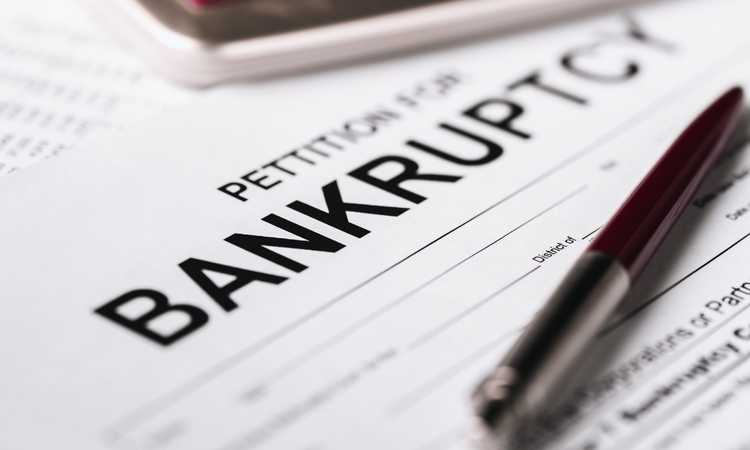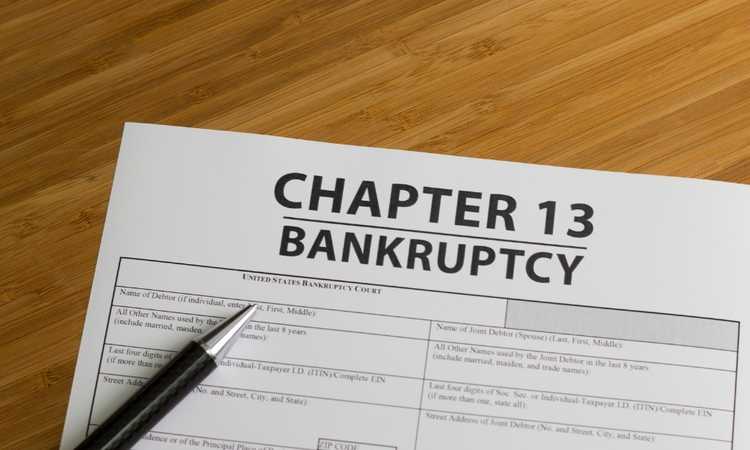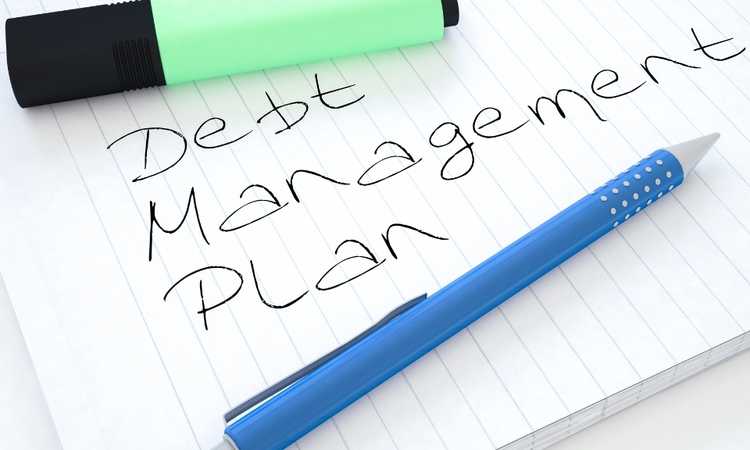If you’re struggling to keep up with your credit card payments, you may be wondering if a debt management plan is right for you. Alternatively, you may be considering Chapter 13 bankruptcy. Both options have pros and cons, so it’s important to understand the differences before making a decision. In this blog post, we’ll compare debt management plans and Chapter 13 bankruptcy and help you decide which option is best for you.
1. What is a debt management plan (DMP)?
A debt management plan (DMP) is a formal, legally binding agreement between a debtor and their creditors. The debtor agrees to make regular, affordable payments to the DMP provider, who then distributes the payments to the creditors. Debt management plans are typically used to pay off unsecured debt, such as credit card debt and medical bills.
They can also be used to pay off secured debt, like car loans or mortgages. In some cases, DMPs may also be used to negotiate lower interest rates or waive late fees. While debt management plans can be a helpful tool for managing debt, they should only be used as a last resort. Before signing up for a debt management plan, it is important to understand the potential risks and drawbacks.
For example, missing a payment could result in the debtor being sued by their creditors. Additionally, debt management plans will appear on the debtor’s credit report, which could damage their credit score.

Finally, there is no guarantee that creditors will agree to participate in a DMP. As a result, it is important to carefully consider all of the potential risks and benefits before signing up for a DMP.
Read This: What is a debt management plan and how does it work?
2. How does a debt management plan (DMP) work?
A debt management plan is a way to repay your debts in full, with some important advantages. One advantage is that you’ll work with a credit counseling agency to come up with a repayment plan that works for you and your creditors.
This can help you get lower interest rates and favorable terms on your repayment.
Additionally, the credit counseling agency will work with your creditors to try to get them to agree to the debt management plan. If successful, this could potentially mean lower monthly payments for you.
Finally, by making regular payments on time under a debt management plan, you can improve your credit score over time. This can be helpful if you eventually want to take out new loans or lines of credit. In sum, a debt management plan can provide some key benefits that can help you get out of debt.

3. What are the benefits of a debt management plan over Chapter 13 bankruptcy filing?
A debt management plan is an informal agreement between you and your creditors. You agree to make monthly payments, usually at a reduced interest rate, over a set period of time, typically three to five years. In return, your creditors agree to stop adding late fees and penalties, and may agree to lower your interest rates.
One advantage of a debt management plan is that it can help you repay your debts without having to file for Chapter 13 bankruptcy. This can be important if you want to keep certain assets, such as your home or car, that might be at risk in a bankruptcy.
Another potential benefit is that it may be easier to get out of debt with a debt management plan than by filing for bankruptcy. That’s because with a debt management plan, you’re making regular payments on your debts. So, over time, your creditors may report this positive payment history to the credit reporting bureaus. This could help improve your credit scores.
However, there are also some disadvantages of a debt management plan to consider before deciding whether this option is right for you. For example, it’s important to know that a debt management plan will not remove any negative information about your debt from your credit reports.
Furthermore, while participating in a debt management plan may help improve your credit scores over time, these improvements will likely take several months or longer to appear. And during the time you’re repaying your debts under the terms of the debt management plan, you’ll still need to make all of your regular monthly payments on time. If you miss just one payment, you could be disqualified from the program.
Overall, a debt management plan can be a good option if you’re struggling with debt and want to avoid bankruptcy but feel confident that you can commit to making regular monthly payments over time. Just be sure to carefully consider all of the pros and cons before deciding whether this strategy is right for you.

4. What are the drawbacks of a debt management plan compared to Chapter 13 bankruptcy filing?
A debt management plan is not a legal process, and therefore, it does not offer the debtor the same protections as filing for Chapter 13 bankruptcy.
Creditors are not required to work with the debtor’s debt management plan, and they can still pursue collection activities, such as filing a lawsuit or garnishing wages.
Additionally, a debt management plan may take longer to pay off debts than a Chapter 13 bankruptcy, since the debtor is only making one monthly payment that is divided among creditors.
In contrast, a Chapter 13 bankruptcy involves submitting a repayment plan to the court for approval. This plan outlines how the debtor will repay creditors over a three- to five-year period.
Creditors are legally bound to this plan, and they cannot pursue collection activities while the debtor is making payments under the plan. As a result, a Chapter 13 bankruptcy can provide debtors with some much-needed breathing room as they work to get their finances back on track.
Read This: Negotiating with debt collectors and creditors

5. Which option is right for you – a debt management plan or Chapter 13 bankruptcy filing?
There are a few things to consider when trying to decide whether a Debt Management Plan (DMP) or Chapter 13 bankruptcy filing is right for you.
One of the biggest factors is the amount of debt you have. If you have less than $10,000 in unsecured debt, a DMP may be a better option.
If you have more than $10,000 in unsecured debt, or if you have any secured debt, then Chapter 13 bankruptcy may be a better option.
Another factor to consider is your income. If your income is low and you don’t have much surplus income to put towards your monthly payments, Chapter 13 may be a better option since it will lower your monthly payment amount.
Ultimately, it’s important to sit down with a financial advisor to discuss all of your options and to figure out which one is best for your individual situation.
Read This: What are the tax consequences of forgiven debts?
6. How do you enroll in a debt management plan and what is the cost involved?
If you find yourself struggling to make ends meet each month, it may be time to consider enrolling in a Debt Management Plan (DMP). Debt management plans are offered by credit counseling agencies and can help you consolidate your debt into a single monthly payment.
The first step is to contact a credit counseling agency and schedule a free consultation. During the consultation, the counselor will review your financial situation and offer recommendations. If you decide to enroll in a DMP, the counselor will work with your creditors to negotiate lower interest rates and waived fees.
The monthly payment you make to the credit counseling agency will then be distributed to your creditors. There is typically a small setup fee involved, as well as a monthly service fee. However, these fees are often lower than the interest you would pay on your outstanding debt. Enrolling in a debt management plan can help you get out of debt and regain financial control.
Next Steps
While a debt management plan may make more sense for some people, it’s important to understand that Chapter 13 bankruptcy can offer many benefits as well. If you’re struggling with debt, speak to a financial expert to see if either of these options could help you get back on track. And remember, no matter what path you choose, there is always light at the end of the tunnel.

Erika Finn, founder of Credit Help, is an attorney who graduated from law school (JD) at University of California, Berkeley and is a member of the California Bar Association. She was a member and editor of the California Law Review and won the Prosser Prize for Legal Accounting. She holds a Master’s Degree (MFA) from the University of Southern California (USC) and a Bachelor’s degree (BA) from Indiana University- Bloomington with highest distinction.
Credit Help believes that everyone should have access to helpful, free information about how to raise their credit rating.
Articles on Credit Help are not legal advice or financial advice.